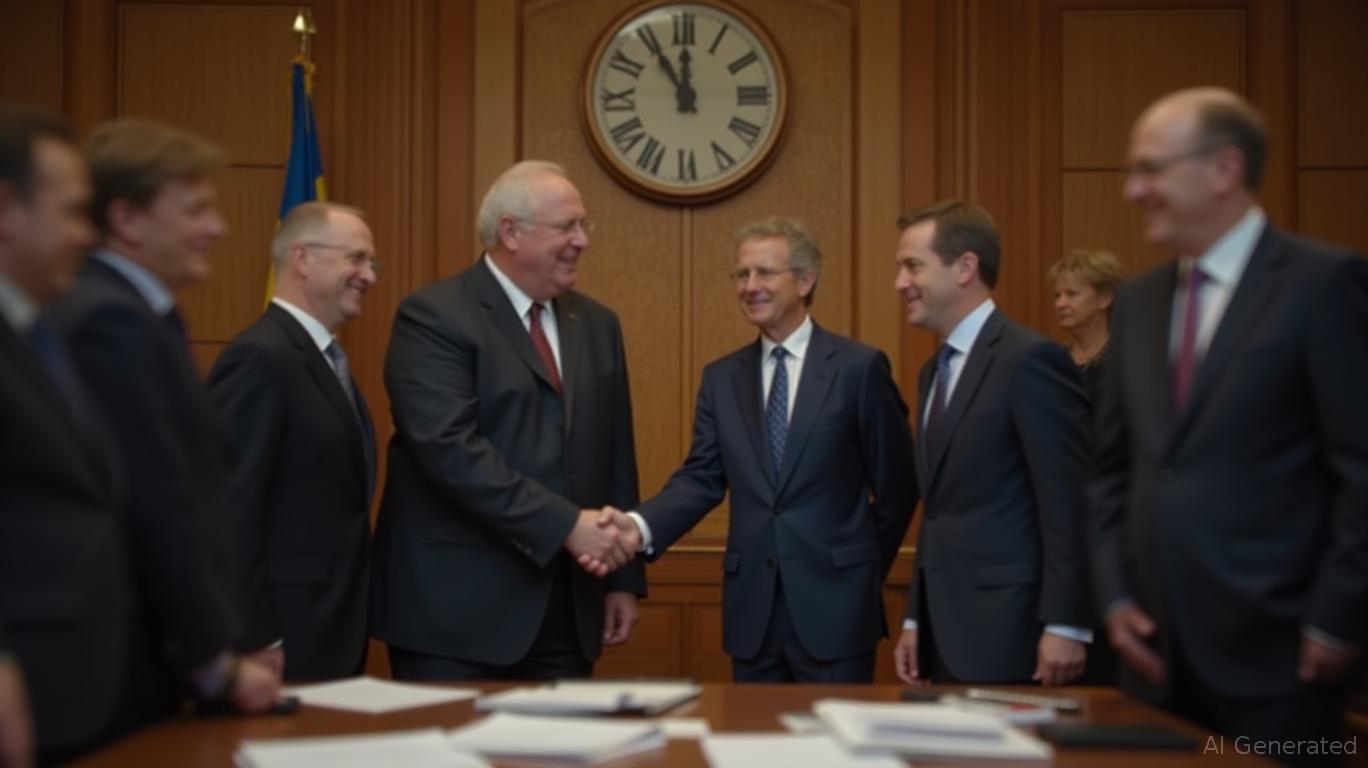Coin WorldWednesday, Jul 2, 2025 6:54 am ET
![]() 1min read
1min read
Sweden has reversed its air travel tax policy, which was introduced in 2018 to curb carbon emissions and reduce air travel. The tax, which placed levies on airline tickets based on the distance flown, was part of a broader movement known as "flight shaming," popularized by environmental activists like Greta Thunberg. This movement aimed to discourage air travel due to its significant environmental impact, particularly its contribution to carbon emissions.
The reversal of the tax, effective July 1, comes as the government seeks to boost the country’s commercial aviation industry. The tax had led to a steady decrease in air traffic, particularly to Sweden’s rural airports. A center-right coalition, supported by the far-right Sweden Democrats, presented a 2025 budget proposal that eliminated the tax. This move is expected to lower ticket prices, making air travel more affordable and potentially increasing demand, which could boost the competitiveness of airlines.
Since the tax was implemented, Sweden has seen a significant drop in air traffic. Flights landing in Swedish airports decreased by more than 35%, and Irish airline Ryanair withdrew entirely from Sweden’s domestic market. The tax also contributed to a shift in travel preferences, with train travel passenger numbers jumping to a record high in 2018. A majority of Swedes initially supported the air tax, but the environmental impact of the tax has been a subject of debate.
The reversal of the tax has been met with mixed reactions. Aviation industry leaders are hopeful that the move will stimulate future investments in sustainable technology. Catrin Mattsson, Area Manager for the International Air Transport Association, stated that the previous aviation tax did not support the transition to reducing emissions. With the tax abolished, funds can be redirected towards investments in Sustainable Aviation Fuel, new technologies, and innovations needed for the transition to net-zero CO2 emissions.
However, environmental activists and the Green Party have criticized the decision. They argue that the removal of the aviation tax is counterproductive to Sweden's environmental goals. The Green Party spokesperson expressed disappointment, stating that the government's policies are stupid and counterproductive. The reversal of the tax sends a mixed message about Sweden's commitment to environmental protection and sustainable travel.
Despite the criticism, the Swedish government maintains that sustainability remains a priority. The focus has shifted from discouraging air travel to reducing emissions through other means. The decision to reverse the tax highlights the challenges of balancing economic growth with environmental sustainability. It remains to be seen how this decision will impact Sweden's efforts to reduce carbon emissions and promote sustainable travel in the long run. 
.png)



